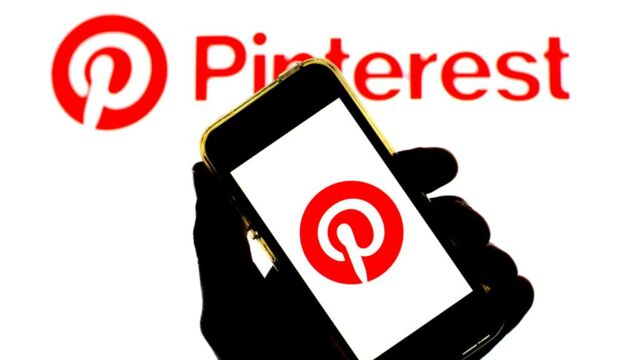Pinterest has announced a ban on all weight loss related ads on its platform, making it the first major social media company to do so.
Discover our latest podcast
Pinterest worked together with the American National Eating Disorders Association to update its policies as more users searched for content on healthy eating, healthy lifestyles and fitness tips within the past year.
The company's head of policy, Sarah Bromma said:
A lot of people are facing challenges related to body image and mental health, particularly as we're emerging from COVID restrictions. People are now feeling added pressure to rejoin their social circles in person for the first time in a year.
Bold move
In 2019, both Instagram and Facebook clamped down on ads promoting ‘miracle’ diets and weight loss products. But, Pinterest is the only social media company to completely ban them from its platforms.
This is an expansion on existing bans on ads featuring before-and-after weight loss imagery, appetite suppressant pills and weight loss procedures. The company said in a blogpost on Thursday that:
This stance makes Pinterest the only major platform to prohibit all weight loss ads. It’s an expansion of our ad policies that have long prohibited body shaming and dangerous weight loss products or claims.
Ads promoting healthy lifestyles, habits or fitness services and products are still allowed on the platform if they do not ‘focus on weight loss.’
Fight against harmful messaging
Pinterest serves as a virtual pinboard where users can save images of décor, fashion, recipes and craft ideas to collections they curate.
It is the 14th most used social media platform globally with a user base of mostly young females between 25-34, according to a 2021 report from social media management platform HootSuite.
The company has a history of closely monitoring content displaying harmful messaging. Users searching for keywords related to eating disorders, suicide or other mental health concerns are redirected to recovery or mental health resources.
It also prohibits ads for drugs, endangered species, tobacco and illegal services, and content containing excessively offensive language or adult content.















